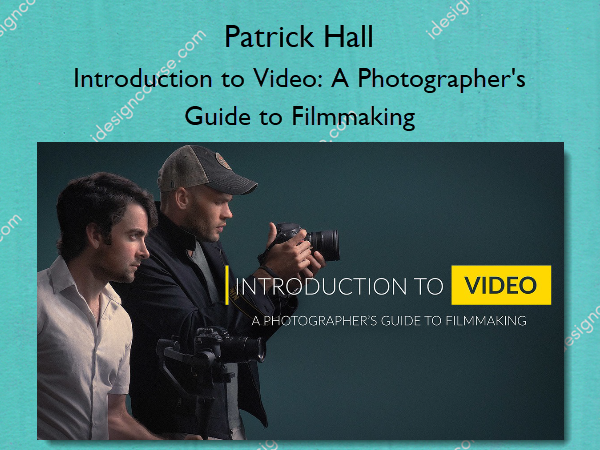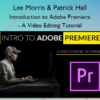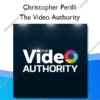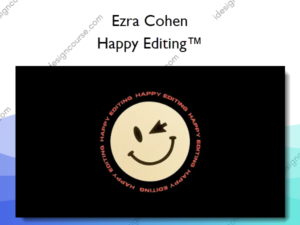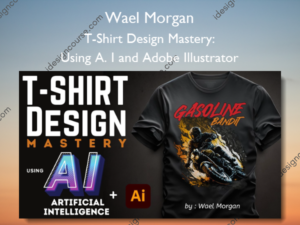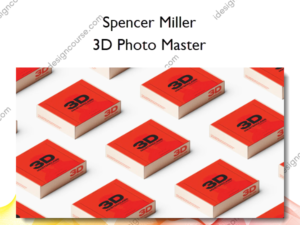Introduction to Video: A Photographer’s Guide to Filmmaking – Patrick Hall
$199.99 Original price was: $199.99.$39.00Current price is: $39.00.
»Delivery: Within 24 hours from payment
 Introduction to Video: A Photographer’s Guide to Filmmaking Information
Introduction to Video: A Photographer’s Guide to Filmmaking Information
Introduction to Video: A Photographer’s Guide to Filmmaking by Patrick Hall is a course aimed at helping both professional and amateur photographers venture into videography using the gear they already own.
As more and more people call themselves “professional photographers,” the need to diversify and offer other services to your clients is rapidly growing. With social media and advertising visuals fighting for more and more of our attention, the importance of video is at an all time high. Luckily, if you are a photographer, you already have 90% of the tools you need to start making professional videos and multimedia productions. This new Fstoppers tutorial on videography is aimed at helping both professional and amateur photographers take the gear they already own and start producing high quality videos. There is no better time to learn how to film video than right now!
Intro to Videography
The idea behind the Fstoppers website was first born back in 2010 when Patrick Hall and Lee Morris both had an interest in learning how to shoot video. Having both been successful wedding photographers, Patrick and Lee saw the value videography could supply to their own photography businesses. Over the years, Fstoppers has grown from a little side project used to explore behind the scenes videos into a full blown world wide community of photographers and videographers.
Since 2010 when DSLRs first started shooting high definition video, Lee and Patrick have seen photographers and social media influencers transitioning to video at an alarming rate. In today’s cut throat market, the trend is very clear: if you are not incorporating video along side you photography, you are going to get left behind.
The good news is that it has never been easier for a stills photographer to transition into videography. Almost every digital camera sold today has the ability to shoot high quality 1080p or 4K video. Most of the lenses and tripods you already own can also be used to shoot video. In many cases, your camera’s sensor can actually out perform many much more expensive video cameras in both low light, frame rates, and shallow depth of field. If you are already experienced with obtaining proper composition, exposure, and focus, switching over to video can be a fast and easy transition.
Here’s what you’ll learn
- Understanding Different Resolutions and Frame Rates
- Working with Log, Color Grading, and Color Profiles
- Exposure: Aperture, Shutter Speed, and ISO
- Using Different Cameras and Lenses
- Mastering Focus with Video
- Using Cheap and Expensive Constant Lighting
- Adjusting White Balance and Tint
- Using External Microphones
- Recording Audio In Camera and Externally
- Editing in Adobe Premiere
- Syncing Audio with Multiple Cameras
- How to Create Timelapses
- Filming in Slow Motion
- Stabilizing Your Camera
- Adding Smooth Movement to Your Footage
- How to Film a Short Commercial
More courses from the same author: Patrick Hall
Salepage: Introduction to Video: A Photographer’s Guide to Filmmaking – Patrick Hall
Related products
»Pre-Order
»Pre-Order
»Pre-Order


